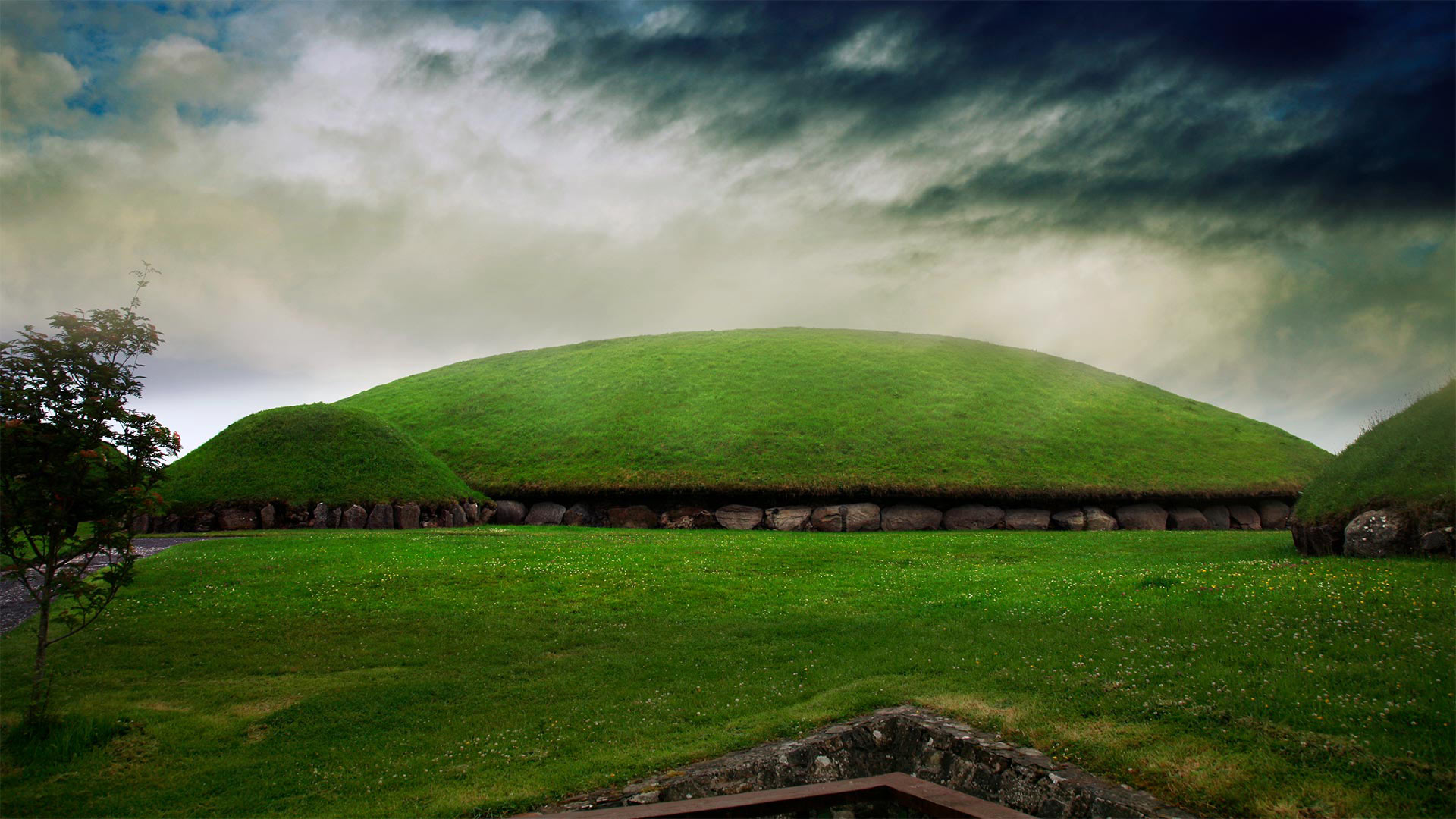Starting an incineration business can be a lucrative venture, as there is a growing demand for waste disposal solutions. However, before diving into this industry, it is essential to develop a comprehensive business plan to ensure the success of your venture. A well-thought-out business plan will not only serve as a roadmap for your business but also help in securing funding from investors or lenders.
Here are some key steps to developing a successful business plan for an incineration business:
1. Conduct Market Research: The first step in developing a business plan for an incineration business is to conduct thorough market research. This includes identifying your target market, understanding the competition, and assessing the demand for incineration services in your area. You should also consider any regulations or permits that may be required to operate an incineration business in your locality.
2. Define Your Business Model: Once you have a clear understanding of the market, you need to define your business model. This includes deciding on the type of incineration services you will offer, such as medical waste disposal, hazardous waste disposal, or general waste disposal. You should also consider whether you will operate a mobile incineration unit or establish a fixed location for your business.
3. Develop a Marketing Strategy: A solid marketing strategy is crucial for the success of your incineration business. You should outline how you will promote your services to potential customers, including through online channels, advertising, and networking. You should also consider partnering with waste management companies or government agencies to secure long-term contracts for waste disposal.
4. Create a Financial Plan: A financial plan is an essential component of your business plan, as it will outline your projected revenue, expenses, and profits. You should conduct a thorough analysis of the costs involved in setting up and operating your incineration business, including equipment costs, permit fees, and staff salaries. You should also consider how you will finance your business, whether through personal savings, loans, or investors.
5. Set Goals and Milestones: Setting clear goals and milestones is important for tracking the progress of your incineration business. You should define specific objectives, such as the number of clients you aim to acquire within the first year or the revenue targets you want to achieve. By setting achievable goals, you can stay motivated and focused on growing your business.
6. Seek Professional Advice: Developing a business plan for an incineration business can be complex, so it is advisable to seek advice from industry experts or consultants. They can provide valuable insights and guidance on aspects such as regulatory compliance, operational efficiency, and risk management. Additionally, they can help you identify potential challenges and opportunities in the incineration industry.
In conclusion, developing a successful business plan for an incineration business requires careful planning and strategic thinking. By conducting thorough market research, defining your business model, creating a marketing strategy, and setting clear goals, you can lay the foundation for a successful venture in the waste disposal industry. With a solid business plan in place, you can attract investors, secure funding, and ultimately build a profitable incineration business.






